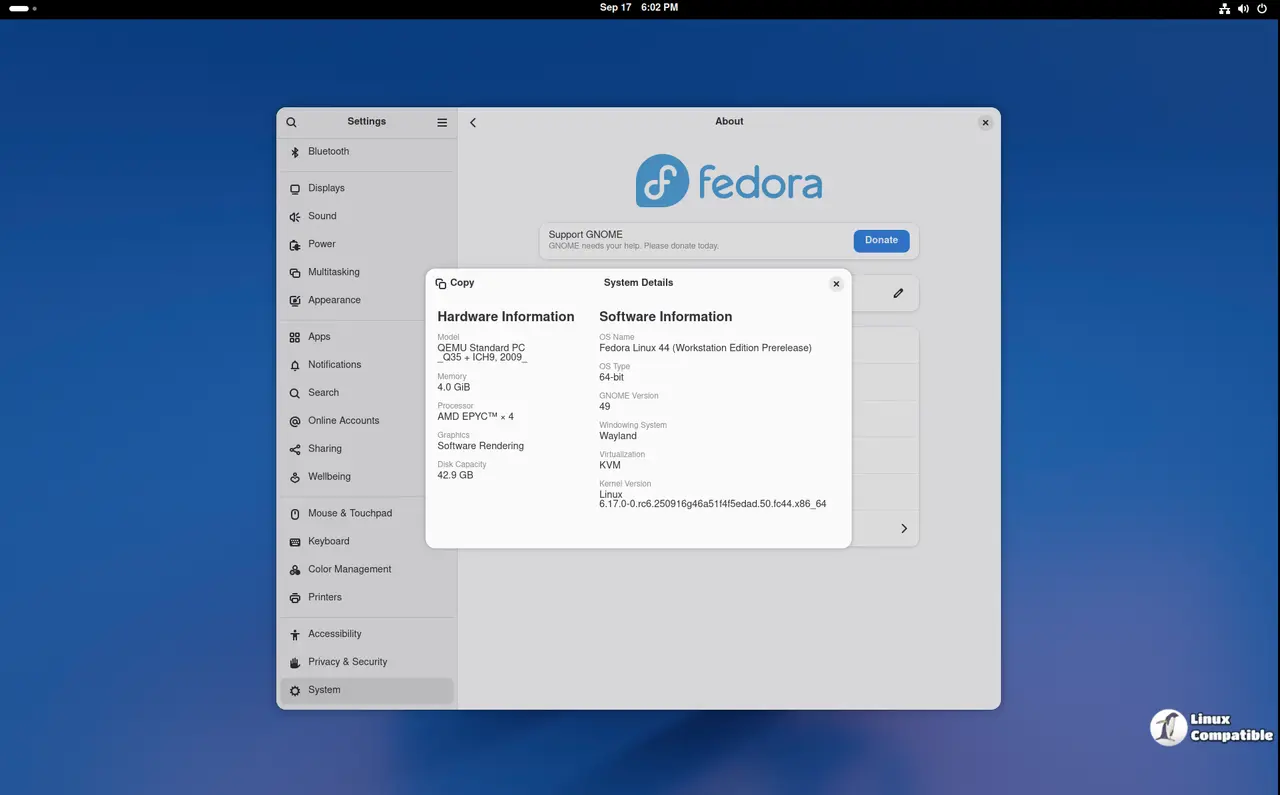Key improvements in GNOME 49.1 include:
- at-spi2-core: Fixes related to crashes and build failures.
- calls: Enhanced daemon startup, USSD support, and DBus activation.
- epiphany: Resolved issues with the address bar dropdown, display of non-Latin characters, and memory management.
- gdm: Corrected a bug causing gnome-shell to freeze and improved the user database implementation.
- gjs: Now requires GLib 2.86 for building and has addressed various bugs and merge requests.
- gtk: Fixed issues concerning text shadowing, hyperlink support, and clipboard demonstration.
In addition, numerous applications have received translation updates, contributing to a better user experience for non-English speakers.
Given that GNOME 49.1 is primarily a bug-fix release, users currently on earlier versions of GNOME 49 can confidently upgrade without concerns about new feature changes. Installation of the updates can be done by following the standard procedures for the respective operating system, and users are encouraged to utilize the official BuildStream project snapshot for assembly.
To further enhance user experience, future updates may include feature enhancements based on user feedback from this stable release. As GNOME continues to evolve, the project remains committed to improving user satisfaction and performance across all platforms
GNOME 49.1 released
The GNOME Project has released GNOME 49.1, a stable update that fixes bugs and provides a smooth upgrade from older versions of GNOME 49. The release addresses various issues in different modules and apps, including potential crashes, build failures, and memory handling problems. While there are no major new features or changes, GNOME 49.1 is safe for users to upgrade from earlier versions of GNOME 49, with the fixes focused on bug resolution rather than feature additions. To install the updates, users should follow their operating system's normal steps and use the official BuildStream project snapshot to put together GNOME 49.1.


